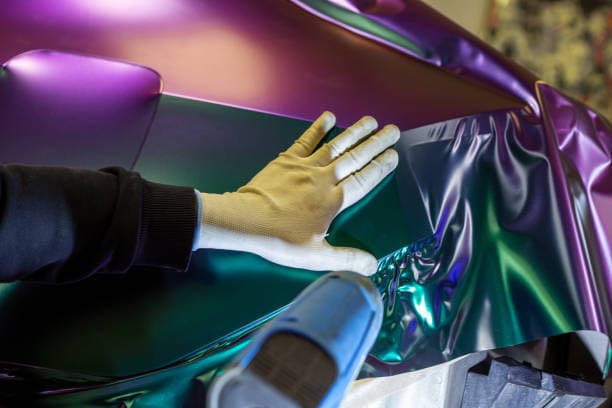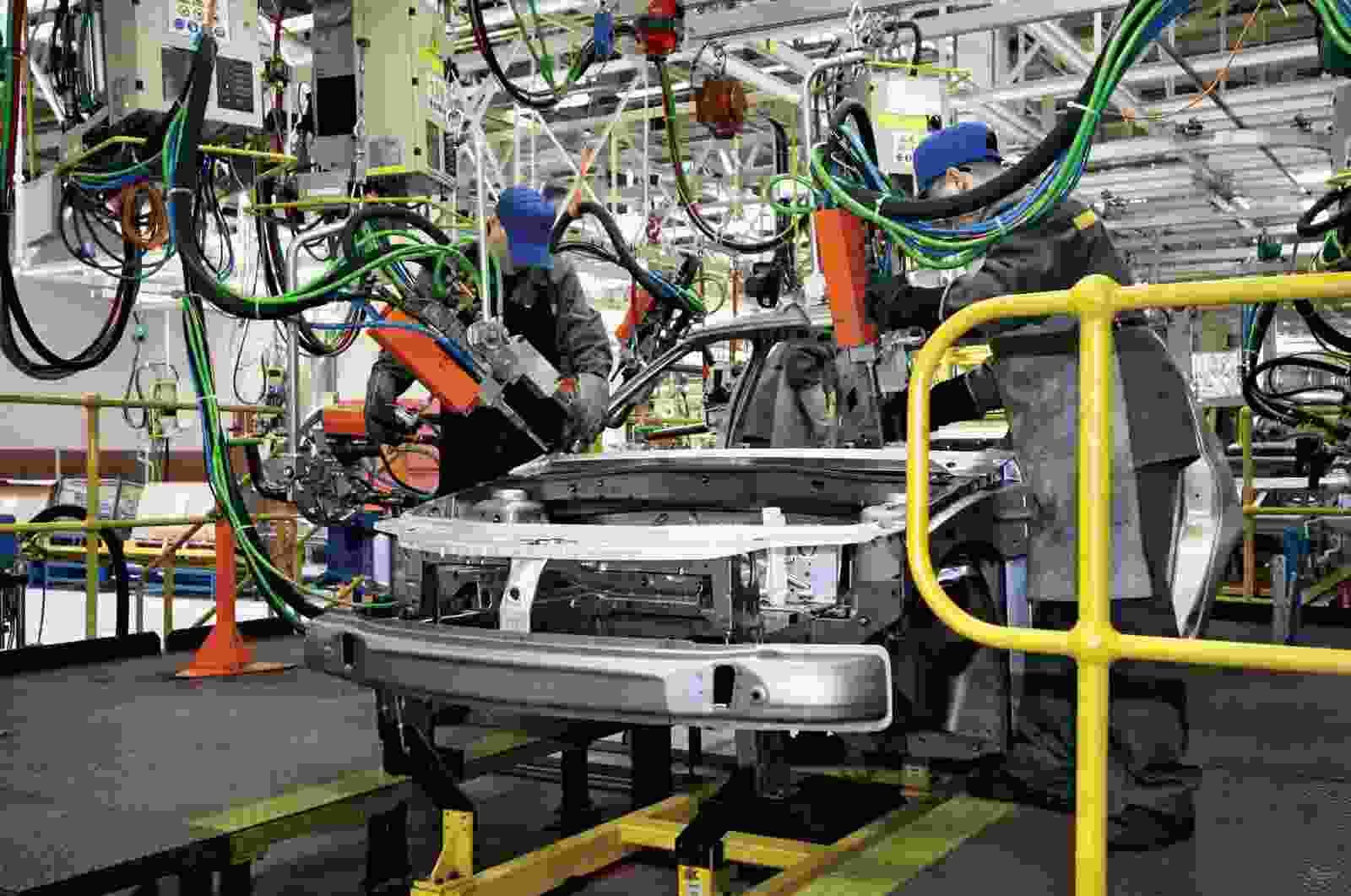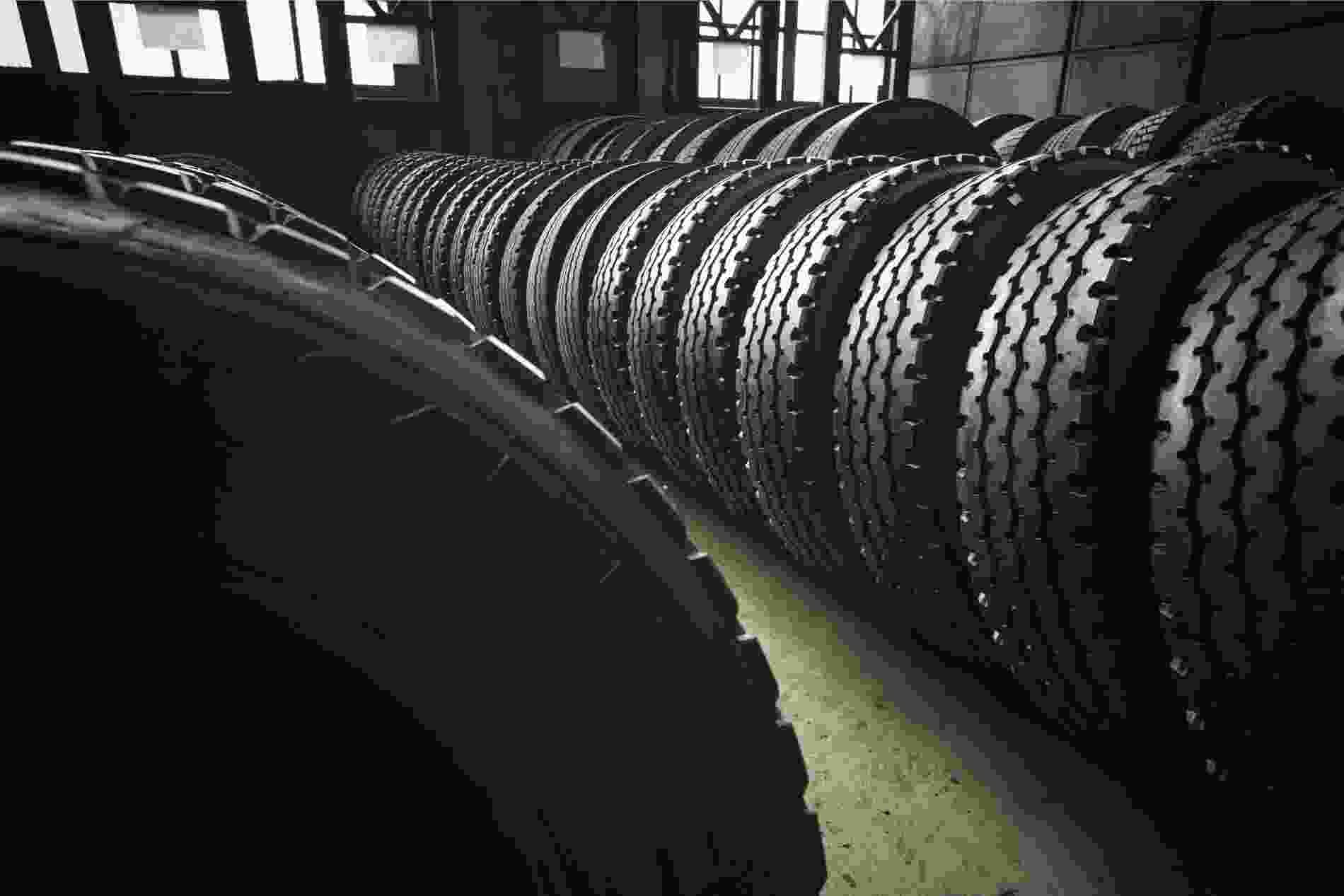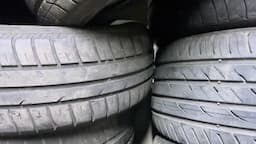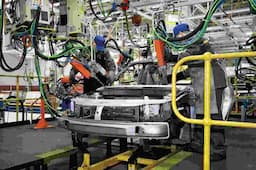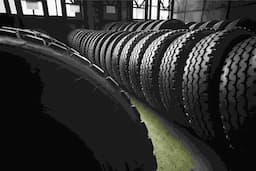Introduction
Your car’s engine is its heart, and just like any vital organ, it requires proper care to function efficiently. Routine maintenance not only ensures your vehicle performs at its best but also extends its lifespan, saving you from costly repairs down the road. At Chet Wilson Engine Service, we understand the importance of engine longevity, and in this guide, we’ll cover essential car maintenance tips to keep your engine running smoothly for years.
1. Regular Oil Changes
Why It Matters:
Engine oil lubricates the internal components, reducing friction and heat. Over time, oil degrades and becomes contaminated, leading to increased wear and tear.
How Often to Change:
- Conventional Oil: Every 3,000-5,000 miles
- Synthetic Oil: Every 7,500-10,000 miles
- Check Your Owner’s Manual for manufacturer recommendations
Pro Tip:
Use high-quality oil and replace the oil filter with each oil change to prevent debris from circulating in the engine.
2. Monitor and Replace Air Filters
Why It Matters:
A clean air filter ensures your engine gets the proper air-to-fuel ratio for combustion. A clogged filter reduces fuel efficiency and increases engine strain.
How Often to Replace:
- Every 12,000-15,000 miles or once a year
- Check more frequently if you drive in dusty or polluted areas
Pro Tip:
Inspect your air filter every oil change. A quick visual check can help determine if it needs replacing sooner.
3. Maintain the Cooling System
Why It Matters:
Overheating is a major cause of engine failure. The cooling system prevents excessive heat buildup and keeps the engine at an optimal temperature.
How to Maintain:
- Check Coolant Levels: Inspect the reservoir regularly and top it off with the correct coolant type.
- Flush the Radiator: Replace coolant every 30,000-50,000 miles.
- Inspect Hoses & Belts: Look for cracks, leaks, and wear.
Pro Tip:
Never open the radiator cap when the engine is hot—wait until it cools to avoid burns.
4. Keep an Eye on the Spark Plugs
Why It Matters:
Spark plugs ignite the fuel-air mixture in the engine. Worn-out plugs lead to misfires, poor acceleration, and reduced fuel efficiency.
When to Replace:
- Standard Copper Plugs: Every 30,000 miles
- Platinum/Iridium Plugs: Every 60,000-100,000 miles
Pro Tip:
Use manufacturer-recommended spark plugs to ensure proper engine performance.
5. Check and Change Transmission Fluid
Why It Matters:
Transmission fluid lubricates gears and components, ensuring smooth gear shifts. Old or low fluid can lead to transmission damage.
When to Change:
- Automatic Transmission: Every 30,000-60,000 miles
- Manual Transmission: Every 30,000-50,000 miles
Pro Tip:
If you notice delayed shifting or a burning smell, check your transmission fluid level and condition.
6. Inspect Belts and Hoses
Why It Matters:
Belts drive essential components like the alternator and water pump, while hoses transport fluids. A broken belt or cracked hose can cause severe engine damage.
What to Look For:
- Cracks, fraying, or glazing on belts
- Soft, brittle, or leaking hoses
Pro Tip:
Replace timing belts per manufacturer recommendations (usually between 60,000-100,000 miles).
7. Use High-Quality Fuel
Why It Matters:
Cheap or low-quality fuel contains contaminants that can clog fuel injectors and reduce engine efficiency.
Best Practices:
- Use top-tier gasoline from reputable stations
- If required, use premium fuel for high-performance engines
- Add a fuel system cleaner periodically to remove deposits
Pro Tip:
Check your owner’s manual for the recommended octane rating to prevent engine knocking.
8. Keep Battery Connections Clean
Why It Matters:
Corroded battery terminals can lead to poor electrical connections, affecting ignition and engine performance.
Maintenance Tips:
- Clean terminals with a wire brush and baking soda solution
- Check voltage (healthy batteries should be around 12.6V when off)
- Replace batteries every 3-5 years
Pro Tip:
Apply petroleum jelly or anti-corrosion spray to terminals to prevent future buildup.
9. Pay Attention to Warning Lights
Why It Matters:
Dashboard warning lights alert you to potential issues before they become major problems.
Key Lights to Watch:
- Check Engine Light: Could indicate anything from a loose gas cap to a serious issue
- Oil Pressure Light: Low oil level or pressure
- Coolant Temperature Light: Overheating risk
Pro Tip:
Use an OBD-II scanner to diagnose warning light issues before heading to a mechanic.
10. Drive Smartly
Why It Matters:
Aggressive driving, frequent short trips, and sudden acceleration put unnecessary stress on the engine.
Best Practices:
- Avoid rapid acceleration and hard braking
- Let the engine warm up before revving in cold weather
- Stick to regular maintenance schedules
Pro Tip:
Use cruise control on highways to maintain a steady speed and reduce engine strain.
Conclusion
Proper car maintenance isn’t just about keeping your engine running—it’s about ensuring reliability, fuel efficiency, and long-term savings. By following these essential tips, you can extend your engine’s lifespan and avoid costly repairs.
At Chet Wilson Engine Service, we are dedicated to providing expert advice, high-quality parts, and professional engine services. If you need assistance with engine maintenance or repairs, contact us today!
Keep your engine running strong—take care of it, and it will take care of you!
